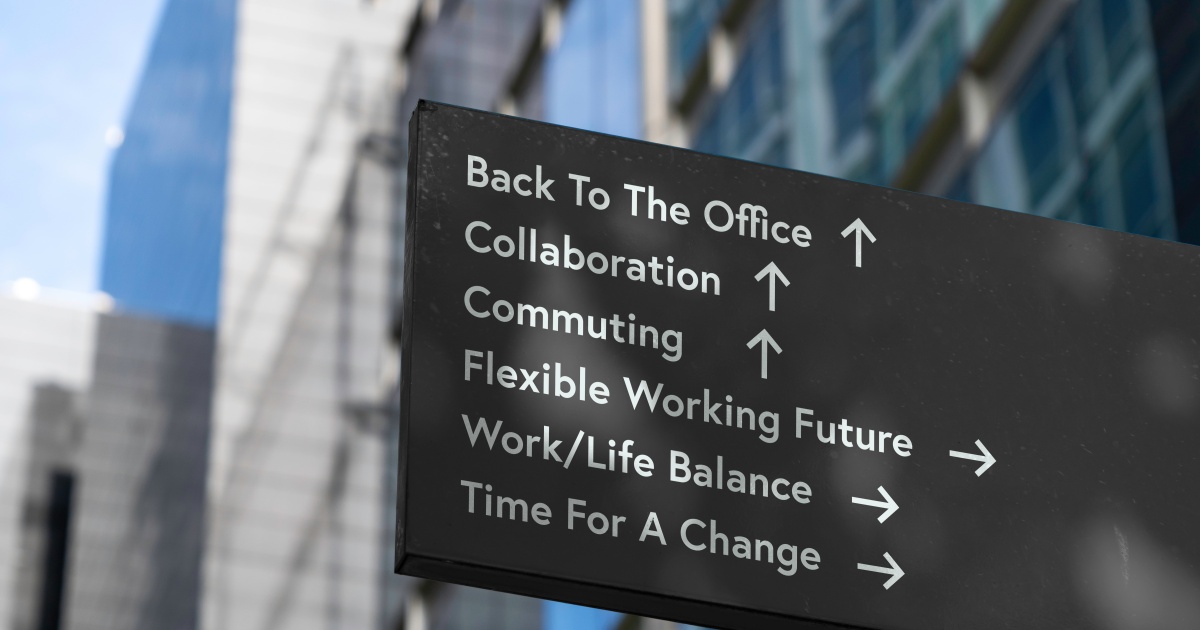
This year’s Future of Work Expo has officially wrapped, y’all. It took place last week in Fort Lauderdale, Florida (in tandem with ITEXPO, IoT Evolution Expo, Generative AI Expo and other events under the umbrella of the #TECHSUPERSHOW experience), and it was an all-around exciting time. Many casual expo-goers and official show sponsors alike have since commented on the energy of the conference sessions – tack on the massive exhibit hall, and it altogether proved it’s a great time to be in tech.
One of the many Future of Work Expo sessions we attended was titled “Adapting Your Organization for Hybrid Work.” It was moderated by Jon Arnold of J Arnold & Associates, and its panelists included Humantelligence CEO Juan Betancourt, Integrative Technologies, LLC CEO Chris Fine, Pulver.com’s Jeff Pulver, and Focus Global Talent Solutions (GTS) CEO Dave Fox.
I’ve compiled four long-story-short highlights and quotes from this session (read below), related especially to a two-fold question Arnold asked the panelists – “How can organizations continue adapting to modern needs, and can we actually survive without our offices?”
- Betancourt: “I think it’s safe to say that psychology is the driver of workers’ genuine capabilities, no matter where they may be working from. If a company can’t capably support what people need, they won’t succeed. From a bird’s eye view, it’s that simple. From a zoomed-in view, of course, there’s a heck of a lot to tackle to make this a reality; uniform work-from-home and hybrid rules, specific corporate regulations for virtual work versus the traditional office space, worker equity and safety guarantees and more. But we have to remember – people themselves work in diverse ways when they are in the same space (let alone when they’re remote), so we cannot afford to ignore the real human element when considering businesses’ needs.”
- Fine: “The term ‘people tank’ is one I’ve seen thrown around when speaking about corralling folks into a physical workspace, and I just don’t see it as the way to go anymore. That also could’ve been said at least 8-10 years before the pandemic, which is why (for many professionals) virtual workers’ needs seemingly snuck up on leadership teams. Remember how some businesses used to be incredibly concerned when in-office occupancy was around 70%? Now, we chuckle that. But, I digress… Leaders need to be realistic in how they adjust their virtual perimeters. Flexible adjustments are the path of least resistance when approaching major shifts.”
- Pulver: “21 years ago, I prioritized protections for end-to-end IP communications. Since then, we’ve developed cloud and IoT protections (and the whole world is working on regulations for AI now, as well), but for people who are actually working and utilizing these technologies on day-to-day bases… It’s another entity entirely to address. We must focus, as Juan [Betancourt] said, on the diversity of job functions and worker protections. There are tools – new and old – that require changes so those we value most can be efficient at their jobs, no matter where they find themselves. That’s the frontier we should continue facing; hone the tools. Hone them so when people keep working from wherever – which, they will – their personalities, dedications and ambitions are allowed to shine through. Then, they’ll complete better work. The future of work is constantly changing, but you always need to give people the tools and respect they deserve.”
- Fox: “Another thing I hear leaders discuss are the distractions at home. But, as we know, the office spaces of yesteryear were chock-full of their own distractions. People should be given opportunities to show their disciplined track records – in person or from home – while also being allowed to just be human. Making work happen in 2024 from nearly any angle involves challenging work and often-frustrating transitions. What we need are stress-reducing systems in place that factor more than just KPIs in; they must also factor in the honest-to-goodness human factor in line with the rapid rate of technological change we’re all witnessing.”
For another story like this, read fellow TMC writer Greg Tavarez’s article about Webex by Cisco’s ITEXPO keynote presentation regarding what is at the heart of reimagining work today.
Edited by
Alex Passett